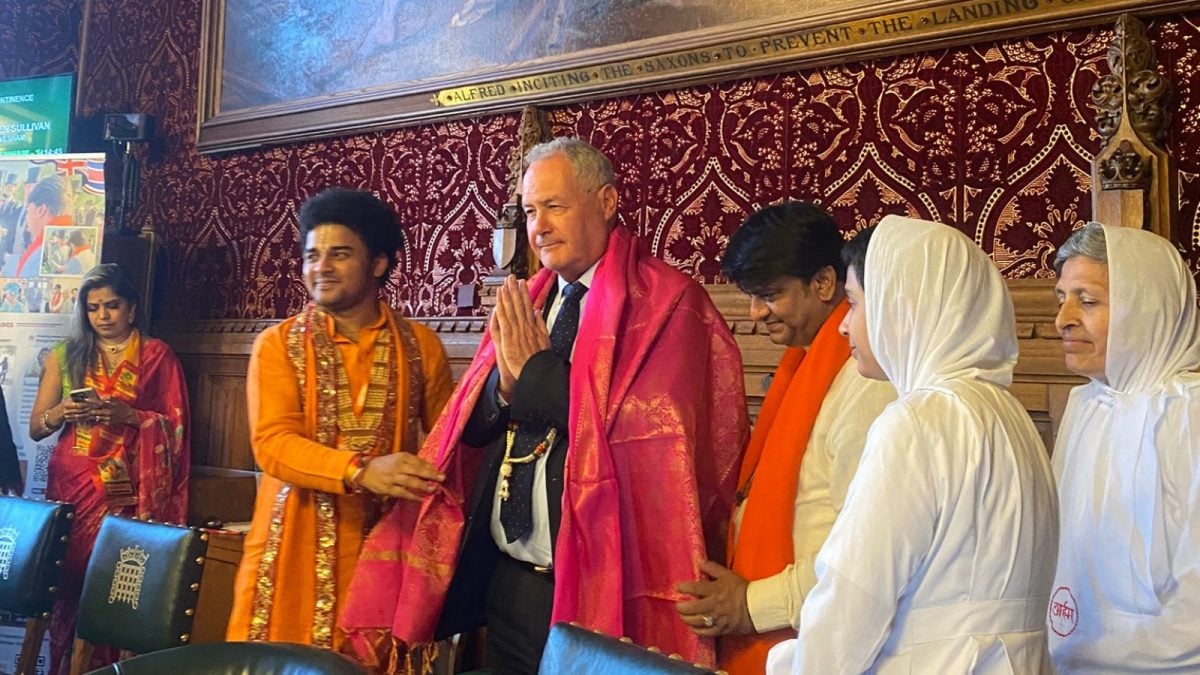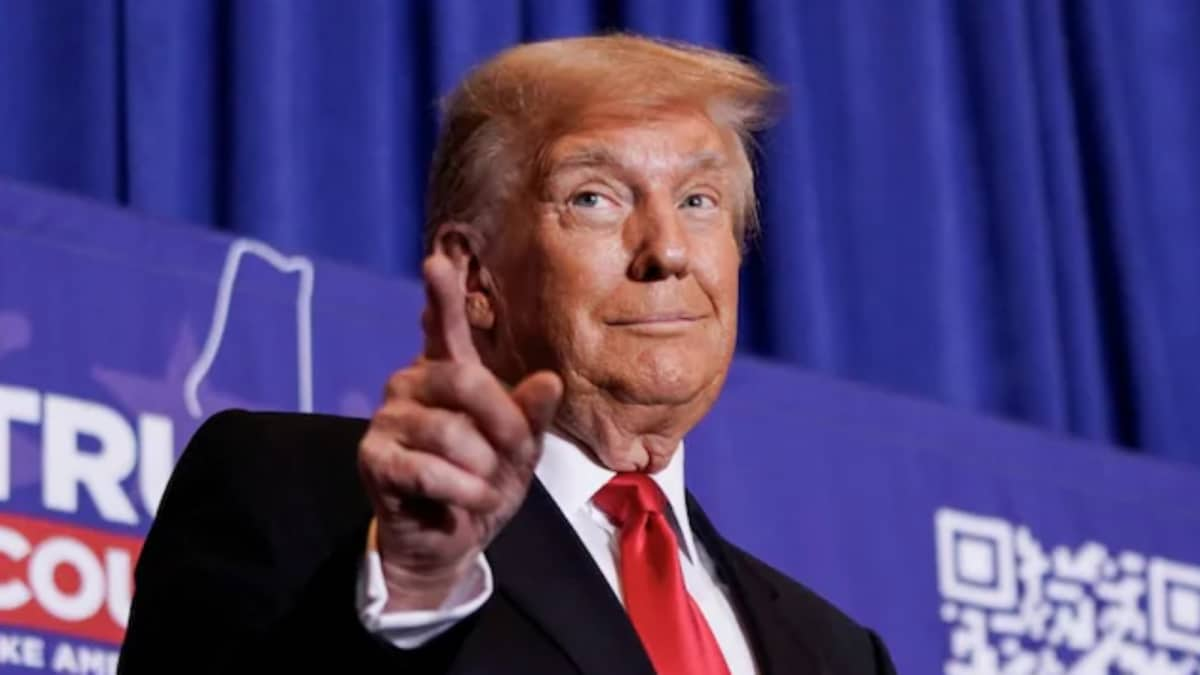Last Updated:June 19, 2025, 23:36 IST
Pakistan Army Chief Asim Munir confided in Donald Trump that he fears rebel groups in both Iran and Pakistan could unite amid Iran-Israel war.

Pakistan Army Chief Asim Munir fears that Jaish-al-Adl and Baloch rebels could unite and pose threat to Pakistan as well as Iran and has apprised US President Donald Trump about it. (IMAGE: REUTERS)
Pakistan’s army chief Asim Munir appeared spooked about prospects of an uprising led by separatist and jihadist militants along the Pakistan-Iran border amid the ongoing Iran-Israel conflict and has confided in US President Donald Trump of his fears, a report by news agency Reuters said.
Munir met US President Donald Trump this week in the White House.
The report by Reuters pointed out that anti-Iranian and anti-Pakistan outfits operate on both sides of the 560-mile (900km) long border. As Israel bombs Iran’s nuclear program, its officials have repeatedly indicated that they are seeking to destabilize the Iranian government or see it toppled.
“They’re not happy about anything," Donald Trump said, referring to Pakistan’s views on the Israel-Iran conflict. He made the comments following a Wednesday lunch at the White House with Munir, who on May 27 had met Iranian Supreme Leader Ayatollah Khamenei.
As well as worrying about chaos spilling over from Iran, Pakistan is concerned about the precedent set by Israel of attacking the nuclear installations of another country. India recently targeted Pakistani airbases after Pakistani Army intervened on behalf of terrorists when India struck their hideouts deep inside Pakistan to retaliate against the killing of innocent civilians in April 22 in Pahalgam.
Pakistan has condemned Israel’s attack on Iran as a violation of international law.
“This is for us a very serious issue what is happening in our brotherly country of Iran. It imperils the entire regional security structures, it impacts us deeply," Shafqat Ali Khan, spokesman for Pakistan’s Ministry of Foreign Affairs, said on Thursday.
Some of the militant groups on the border have welcomed the upheaval.
Jaish al-Adl (JaA), an Iranian jihadist group formed from ethnic Baloch and Sunni Muslim minorities and which operates from Pakistan, said Israel’s conflict with Iran was a great opportunity.
“Jaish al-Adl extends the hand of brotherhood and friendship to all the people of Iran and calls on all people, especially the people of Baluchistan, as well as the armed forces, to join the ranks of the Resistance," the group said in a statement on June 13, according to the news agency.
Conversely, Pakistan fears that separatist militants from its own Baloch minority, which are based in Iran, will also seek to step up attacks.
“There’s a fear of ungoverned spaces, which would be fertile ground for terrorist groups," said Maleeha Lodhi, a former Pakistani ambassador to Washington, was quoted as saying by the news agency.
Countries surrounding Pakistan face border issues because of Pakistan’s support to an array of terrorist groups which pose a threat to the safety and security of those countries. Pakistan’s support for terror groups, who also pose a threat to Islamabad itself, is a cause for concern for India, Iran and Afghanistan.
The Iran-Pakistan border region is populated with ethnic Baloch, a minority in both countries who have long complained about discrimination and launched separatist movements. On Pakistan’s side, the region is a province called Balochistan and in Iran it is Sistan-Balochistan.
Pakistan and Iran had even traded air strikes last year, accusing each other of harboring Baloch militants.
China has also said that it is deeply concerned about the security situation in Balochistan, with the area being a focus of Beijing’s multi-billion dollar infrastructure investment program in Pakistan, centred on the new Chinese-run port of Gwadar. Baloch militant groups in Pakistan have previously targeted Chinese personnel and projects.
On Iranian side of the border, Tehran has at different times accused Pakistan, Gulf nations, Israel and the United States of backing the anti-Iran Baloch groups.
Simbal Khan, an analyst based in Islamabad, told the news agency that different Baloch groups could morph into a “greater Baluchistan" movement which seeks to carve out a new nation from the Baluch areas of Pakistan and Iran.
“They’re all going to fight together if this blows up," said Khan.

Shankhyaneel Sarkar is a senior subeditor at News18. He covers international affairs, where he focuses on breaking news to in-depth analyses. He has over five years of experience during which he has covered sev...Read More
Shankhyaneel Sarkar is a senior subeditor at News18. He covers international affairs, where he focuses on breaking news to in-depth analyses. He has over five years of experience during which he has covered sev...
Read More
Washington D.C., United States of America (USA)
First Published:News world Spooked Asim Munir Confides In Trump His Fear Of A Baloch Uprising Amid Israel-Iran Conflict

 4 hours ago
4 hours ago


















